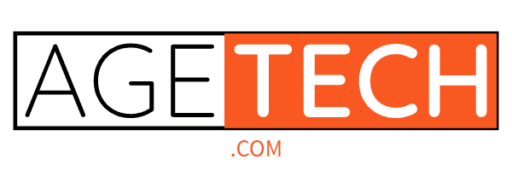

The Aging2.0 Melbourne event on 1st September on the topic of Elevating Caregiving brought together the Topic Sponsor Amica with a diverse group of innovators consisting mainly of startups, providers and corporate partners. Participants were from Australia (Melbourne, Adelaide), United States (Arizona, Austin, Chicago, Los Angeles) and Canada (Winnipeg, Toronto, Vancouver). The event featured a number of startups including: UMPS Health, Hayylo, Gretel Analytics, StrongerUFitness, Life Elevated, Altumview and AgeUpHealth. You can see the video and intro slide deck at the event page here. Four themes emerged out of the wide-ranging discussion:
The false trade-off between compliance and quality of life. One of the topics that got most discussion was the tension between compliance and quality of life. One participant remarked: “Current models tend towards compliance. What is needed is a system — leveraging but not relying solely on technology – where care professionals can be coached better. Part of why the job is so unattractive is caregivers feel like they are operating on an island. They want to be part of something bigger than themselves. More team-based approach can help.” Another remarked, “I love how you [Amica] elevated your approach beyond your regulations” – making the case that just because there are regulations to be adhered to, that doesn’t mean quality of life needs to suffer. However, most of the discussion was about reducing the inefficiencies and failures of care rather than on QoL in particular.
The rise of ‘utility players’. Echoing the ‘team-based’ idea mentioned above, the ‘utility player’ model discussed by Amica has similarities to Buurtzorg’s approach to home care – a small multi-functional team. One of the chat discussions was about the UK’s ‘Butterfly Home’ model, which was “created by David Sheard, and is now in use by a number of companies including Mercy Health.” The features of this are “a small group of staff with a small group of residents, roles focused on ‘normal’ household life, collaborating, with a core worker role that is not limited to traditional role boundaries.”
Covid-19 as an innovation accelerator. Perhaps inevitably, quite a bit of the discussion was on the impact of Covid. Amica shared how they were able to reduce the impact on their workforce by constant communications, paying for self isolation and creating new team roles (see more about this in the Aging2.0 blog post here). The accelerating power of Covid was clear. Someone said, “It’s amazing that it took covid to develop a resident and family communications [and a] staff scheduling solution”. Another one noted, “Covd is driving some of us to where we should have been in the first place”.
A hunger for design thinking. There was a strong sense that the most promising solutions are going to emerge from design-thinking, co-creating with users rather than from some top-down dictat by the regulators or even upper management. Someone noted: “We need “Human Centered Design” to develop inspirational things beyond just box-ticking.”
We’d love to hear of any organisations that want to join Amica and our team in building out this Topic. Reach out to us at thecollective@aging2.com. As the Elevating Caregiving Topic team progresses we’ll be having other events, as well as on other Topics, including Loneliness & Engagement and Crossing the Digital Divide. For more information go to thecollective.aging2.com or local chapter events here: aging2.com/events.
About the Author
Stephen Johnston MBA is a co-founder of Aging2.0 a global innovation platform for aging and senior care, founder of Fordcastle, an innovation consultancy and a member of the Future Agenda, the world’s largest open foresight initiative. Stephen serves on the board of Music and Memory a New York 501c3 nonprofit focused on improving the quality of life for older people, He is co-author of Growth Champions (Wiley, 2012), a book about sustainable corporate growth. He has an MA in Economics from Cambridge University and an MBA from Harvard Business School where he was a Fulbright Scholar.

